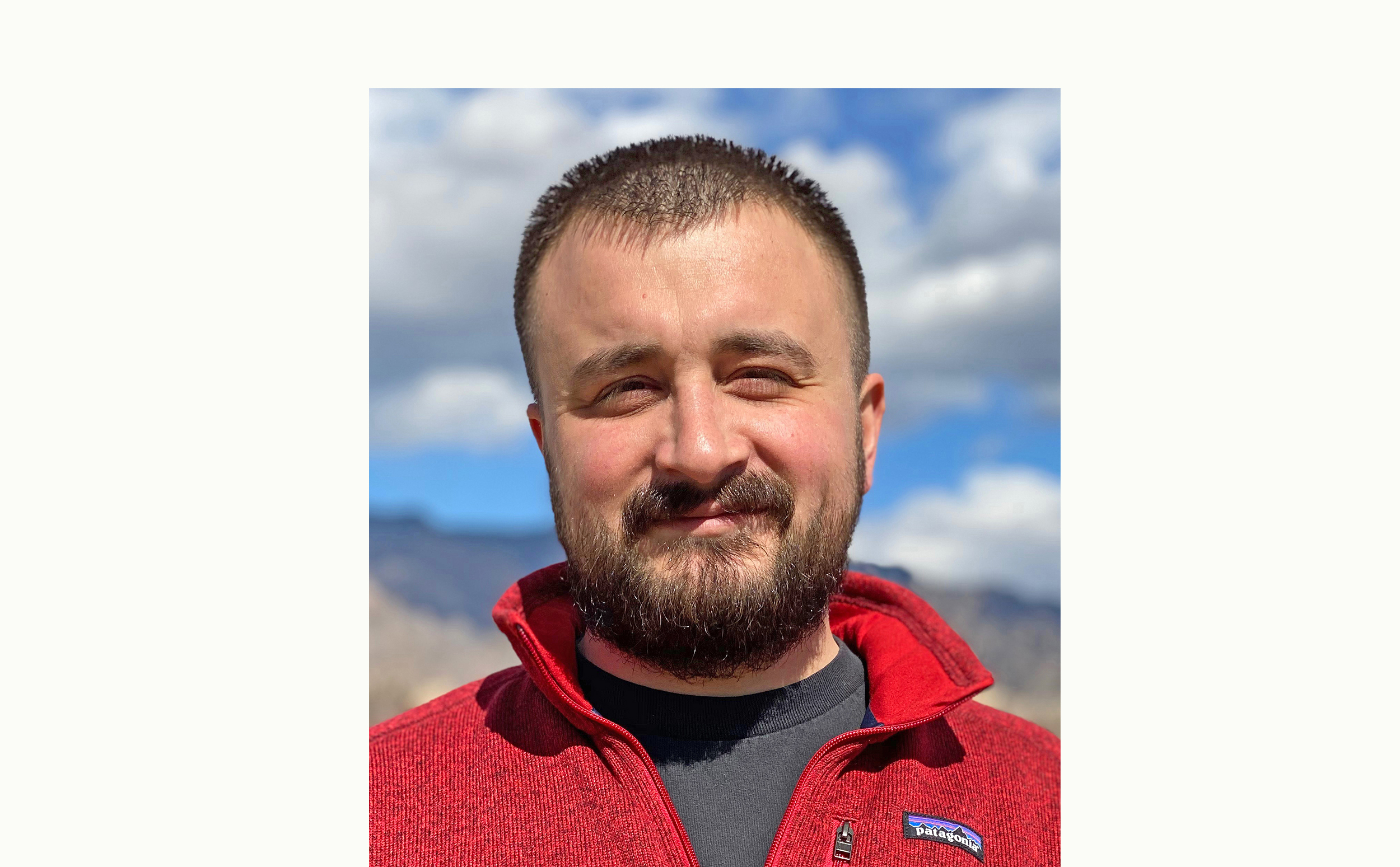January 14, 2021

Sebastian Medina
Las Vegas, N.M. – New Mexico Highlands University biology professor Sebastian Medina published research that sheds new light on how environmental metals like arsenic contribute to blood disorders such as anemia.
Medina is the lead author of several studies on this subject published from 2016 to 2020 in journals like Scientific Reports and Toxicology and Applied Pharmacology.
“My major research interests are in the toxicology of environmental metals and their influences on human health,” Medina said. “Many people worldwide are exposed to elevated levels of arsenic and other metals in air, food and drinking water. Arsenic pollution in water occurs naturally and also as a result of human activities like mining and agriculture. Metals exposures are particularly concerning for many rural communities which rely upon unregulated water sources like well water that exceeds drinking water standards for arsenic.”
Medina said long-term exposures to metals are linked to many adverse health effects, including blood disorders such as anemia. Reduced red blood cell counts is a cause of anemia, which can lead to fatigue, susceptibility to infection, and pregnancy complications.
“The purpose of the published manuscripts was to gain a deeper understanding of the underlying associations between arsenic exposure and anemia. We found that mice exposed via their drinking water to environmentally relevant levels of arsenic develop anemia as a result of disruptions to the normal maturation processes of red blood cells. We hypothesize that the loss of normal red blood cell maturation is a significant factor to the high incidence of anemia in people exposed to arsenic,” Medina said.
Additionally, Medina is the lead author and co-author of a number of studies focused on understanding the impacts of metals on the immune system.
Medina, a Highlands biology graduate, joined the Highlands University faculty fall semester 2020. He completed his doctorate in biomedical sciences at the University of Mexico in 2019 and also completed a postdoctoral fellowship at UNM in 2020.
Medina won numerous awards for his research while at UNM, such as Best Poster by a Graduate Student in 2018 at the 36th Annual Meeting of the Mountain West Society of Toxicology, the 2018 Gerald Yost Outstanding Graduate Student Award in the Mountain West Society of Toxicology, and in 2019, Best Poster by a Pharmaceutical Sciences Graduate Student at UNM.
At Highlands, Medina teaches courses such as Cell and Molecular Biology, Advanced Cell and Molecular Biology, and Developmental Biology. He is developing a course on Environmental Toxicology.
“The major goal of my teaching is to expose students to cutting-edge science research and potential career pathways in STEM, science, technology, engineering and math,” Medina said.
Medina, who is the first in his family to graduate from college, said it’s humbling to to be part of the Highlands community again as a faculty member.
“It’s also invigorating to work with students from my home region of Northern New Mexico. Highlands is where I began my own journey as a scientist. Dr. Edward Martínez was the first person at Highlands to expose me to scientific research, which had a significant impact on my academic trajectory and successes. He was, and still is, a truly inspiring mentor,” Medina said.
Medina added that Highlands biology faculty Sarah Corey-Rivas, Jesús Rivas, and Carol Linder also had significant influence on his interest in pursuing a career in science and academia.

